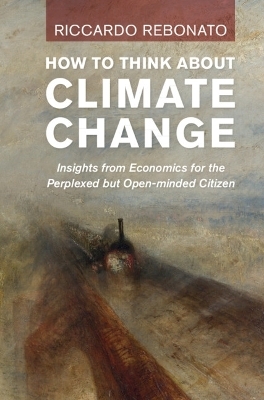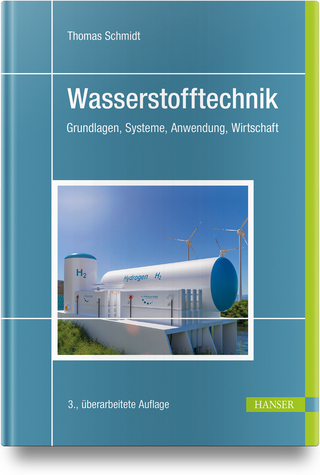
How To Think About Climate Change
Cambridge University Press (Verlag)
978-1-009-40500-3 (ISBN)
Caught in the crossfire between climate deniers and catastrophists, the intelligent layperson is understandably bewildered when faced with the complexity of climate change. How To Think About Climate Change shows that economics provides not just a suitable, but an indispensable perspective to understand the root causes of the climate-change problem: scarcity of resources, externalities and free riding. Riccardo Rebonato argues that there are no silver bullets or easy solutions. However, he shows that the new-generation economics models offer a radically different insight about our best course of action from what most early models recommended – in particular, they suggest that fast and large-scale climate action can now be justified as the most cost-effective strategy without requiring the 'infinite altruism' of earlier models. Given the conceptual tools provided in this book, readers can decide whether they agree with these conclusions – and, if they do, what the most effective courses of action are.
Riccardo Rebonato is Professor of Finance at EDHEC and Scientific Director at the EDHEC Risk Climate Institute. He worked as a researcher at the nuclear research reactor at the Institut Laue Langevin, at Brookhaven National Laboratory and at Oxford University and has authored 11 books and 50 articles on finance, risk management and political economics. He is a current Board member of Nine Dots Prize with Cambridge University Press and a former Board member of ISDA and GARP.
1. Introduction; 2. The facts on the ground; 3. Deep changes; 4. How economists think about climate change; 5. How economists look at choice; 6. How utility theory works; 7. From choice to utility; 8. What are integrated assessment models?; 9. How much should we care about future generations? 10. Growth; 11. Population; 12. So, what should we do? 13. Taking the dirty stuff out; 14 The role of nuclear energy; 15. Constraints; 16. The plumbing; 17. Unfinished business.
| Erscheinungsdatum | 25.01.2024 |
|---|---|
| Zusatzinfo | Worked examples or Exercises |
| Verlagsort | Cambridge |
| Sprache | englisch |
| Maße | 159 x 235 mm |
| Gewicht | 650 g |
| Themenwelt | Naturwissenschaften ► Biologie ► Ökologie / Naturschutz |
| Naturwissenschaften ► Geowissenschaften ► Meteorologie / Klimatologie | |
| Wirtschaft ► Volkswirtschaftslehre ► Makroökonomie | |
| ISBN-10 | 1-009-40500-4 / 1009405004 |
| ISBN-13 | 978-1-009-40500-3 / 9781009405003 |
| Zustand | Neuware |
| Informationen gemäß Produktsicherheitsverordnung (GPSR) | |
| Haben Sie eine Frage zum Produkt? |
aus dem Bereich


